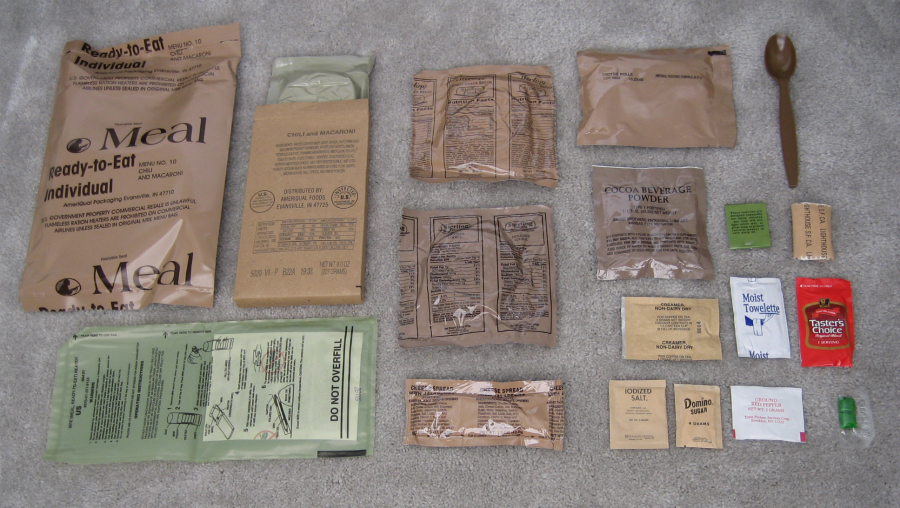Prepping tips: What to expect when you lose power for one week
02/03/2021 / By Virgilio Marin

Surviving a week-long power outage requires a great deal of preparation. You use electricity for a lot of things, so it only makes sense that you pay more attention to how you’ll manage your home in the event of a power outage. Here’s what to expect when the grid goes down for a week: (h/t to AskAPrepper.com)
Day 1
A power outage often happens on short notice. The first thing you should do is to find alternative ways of heating your home, especially if you live in colder climates. Lighting and cooking wouldn’t be much of a problem, at least for the first few days. Most people keep alternative sources of light at home and many still use gas stoves. And though the power is gone, you can still keep the cold inside your refrigerator and freezer by limiting the number of times you open the door.
Day 2
You’ll likely have a hard time sleeping due to the extreme cold (or heat, if you live in sunnier states). Expect that for the rest of the week. As power outages are usually widespread, authorities will likely suspend classes and most kinds of work. You’ll have a lot of time on your hands. That’s a good thing because you will encounter all kinds of problems at home on day two. Water coming out of your sink will likely tap out at this point, and you’ll have to find other ways of disposing of human waste.
Day 3
Unless you keep water barrels, you’ll have to skip taking a bath to accommodate other things that need water, like washing dishes and whatnot. At this point, the cold in your freezer and fridge would have completely dissipated, and you’ll have to cook all frozen goods by the end of the day or tomorrow morning at the latest. (Related: Do you know what to do during a power outage? Here are 5 essential things you need.)
Day 4
You’ll have to find alternative sources of light because your flashlights will likely run out of power by this day. Unfortunately, most stores will be empty of batteries, flashlights and even candles. If you’re living in the country or the suburbs, your best bet is to start a fire using firewood. You could always go to the woods and collect some branches or fell a tree yourself. Things are harder if you’re living in the city. Explore alternative emergency light sources to light up your house.
Day 5
Neighbors might come knocking on your door for food, especially if your community is aware that you are a prepper. Remember to keep your prepping ways a secret as you are a prime target during SHTF. If the word ever comes out and your next-door neighbor asks for food, consider giving some of your supplies. Just be sure that your act of kindness will remain just between the two of you. You don’t want the whole street rushing to your door.
Day 6
Some people will become increasingly desperate. If more people come knocking, you can direct them to the distribution centers managed by the Federal Emergency Management Agency. Try driving around and look for non-profits and churches that give out food. You can spread the information around your neighborhood to get rid of the people at your doorstep. But be careful of gangs, especially if you’re driving in the city.
Day 7
Gun-toting groups might start circling your home. Ready your survival gear and let them see your guns — in most cases, people wouldn’t attempt to invade your home knowing you’re kitted out for survival. Avoid conflict at all times and always aim to de-escalate the situation.
Many problems will arise during a weeklong power outage. But perhaps none is more dangerous than a group of desperate non-preppers on the cusp of violence. Prepare a survival plan now to keep yourself and your family safe during grid-down scenarios.
Sources include:
Tagged Under: grid down, homesteading, Power Outage, preparedness, prepper, prepping, self-defense, SHTF, survival, survivalist, tips
RECENT NEWS & ARTICLES
Homesteading.News is a fact-based public education website published by Homesteading News Features, LLC.
All content copyright © 2018 by Homesteading News Features, LLC.
Contact Us with Tips or Corrections
All trademarks, registered trademarks and servicemarks mentioned on this site are the property of their respective owners.





















